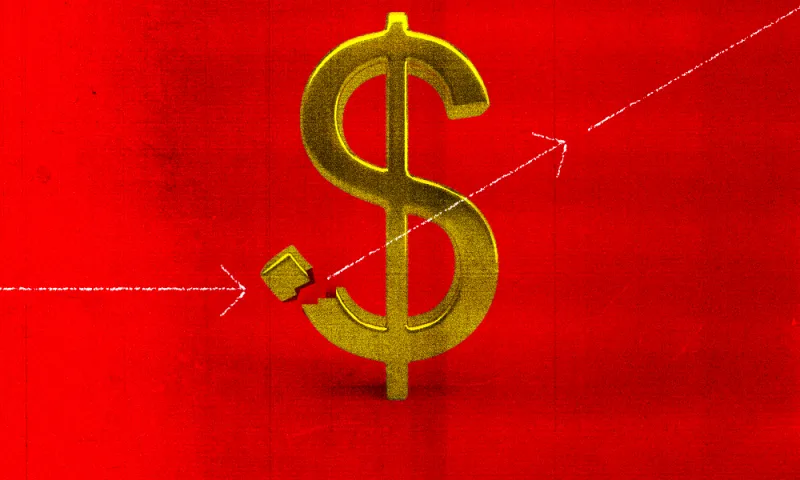Before accounting for fees, 38 percent of domestic institutional managers underperformed their benchmarks over the ten years ending in December, according to S&P Dow Jones Indices data. After fees, 58 percent of managers failed to beat the index.
Fees are a powerful determinant in whether an active strategy will beat a low-cost index fund over time, as demonstrated in the S&P’s latest scorecard for active managers. Overall, the last year has been a good one for institutional funds. Managers in 11 of 17 categories outperformed gross of fees. But over ten years, the wins declined to 7 of 17.
[II Deep Dive: Is This the Silver Bullet That Will Save Active Management?]
Institutional vehicles are beating benchmarks more consistently than their mutual fund counterparts, according to S&P.
Over the past 10 years ending in December, almost 90 percent of large-cap mutual fund managers underperformed the S&P 500 after fees. But 60 percent of institutional managers failed to beat the S&P 500, also after fees. When fees are added back (a gross-of-fee measure), about 72 percent of large-cap mutual funds and 40 percent of institutional accounts underperformed. More mutual fund managers underperformed compared to institutional managers in all equity categories net of fees.
Although institutions have long paid less for asset management than individuals, many investors are pressuring for deeper discounts, particularly in asset classes they consider efficient, such as U.S. large cap. The study’s results show that fees often determine whether active management is a winning or losing game for end investors.
“Institutional investors have the option to negotiate fees directly with asset managers based on the size of the mandate and how many strategies may already exist with one manager,” the authors of the report wrote. “Retail investors, on the other hand, lack such bargaining power.”
There were some surprises. More than 80 percent of relevant mutual funds underperformed the S&P SmallCap 600, for example, regardless of fees.
“The findings in the small-cap space help to dispel the myth that small-cap equity is an inefficient asset class that is best accessed via active management,” the report stated.







